Covid-19: Broxbourne residents praised for test take-up
- Published
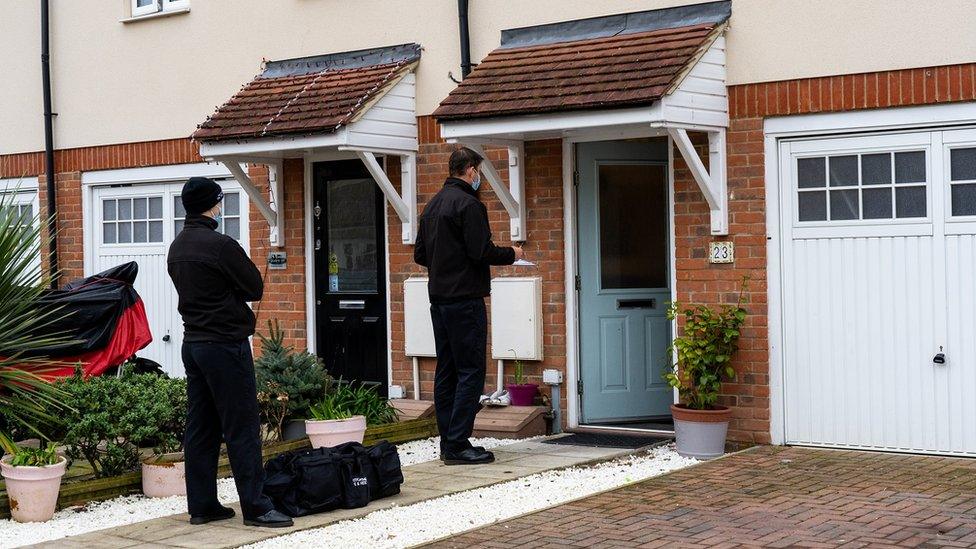
Firefighters have been delivering tests door-to-door in Broxbourne
A town where 10,000 households have been urged to take Covid tests has seen a "phenomenal" response to the request.
People in the EN10 postcode of Broxbourne in Hertfordshire were asked on Monday to be tested after cases emerged of the South African variant.
Hertfordshire County Council said more than 6,000 tests had been collected or taken even before door-to-door delivery started on Thursday.
Public health director Jim McManus said residents were "so brilliant".
Since Tuesday, residents have been able to visit mobile testing centres at Broxbourne Lido and Paradise Wildlife Park or pick up tests from Wormley Community Centre and Hoddesdon Library.
Volunteers, council officers and firefighters had also handed them out in a delivery pilot.
The council said 4,502 test kits had been handed out or collected and 1,886 tests carried out at mobile testing units by the end of Wednesday, before official doorstep delivery started.
In a tweet, external, Prof McManus said: "Massive thanks to colleagues, and to our residents for being so brilliant."
Hertfordshire Fire and Rescue Service said the response so far had "been phenomenal, the engagement and uptake has been brilliant".
Deputy chief fire officer Chris Bigland said the number of tests already out were "because of hard work from county council colleagues, firefighters and volunteers but actually because the residents have come forward and gone to the collection points and done self-service".
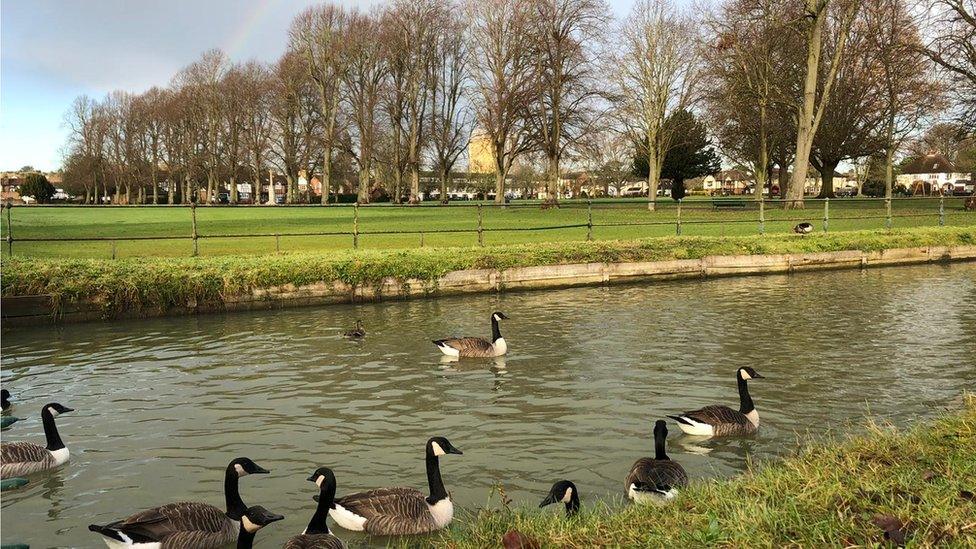
The EN10 postcode covers the town of Broxbourne
The government announced all adults in that area would be encouraged to get tested over the next two weeks, whether they have symptoms or not, after confirmation "an isolated number of cases" of the variant had been detected.
Prof McManus said the small number of cases in the UK had been picked up by routine surveillance testing so they were "about to embark on this exercise so that we can find any more cases that are out there" and suppress it.
He said people who are tested "could really help us stop this virus getting a strong foothold across the country".
Prof McManus said that although the new variant was thought to be more easily transmitted, there was no evidence yet that it either caused more severe illness or that it evaded the vaccine.
He said it was "not a variant we should be frightened about but it's definitely not a variant we want to be circulating wildly either".

Find BBC News: East of England on Facebook, external, Instagram, external and Twitter, external. If you have a story suggestion email eastofenglandnews@bbc.co.uk
Related topics
- Published1 February 2021
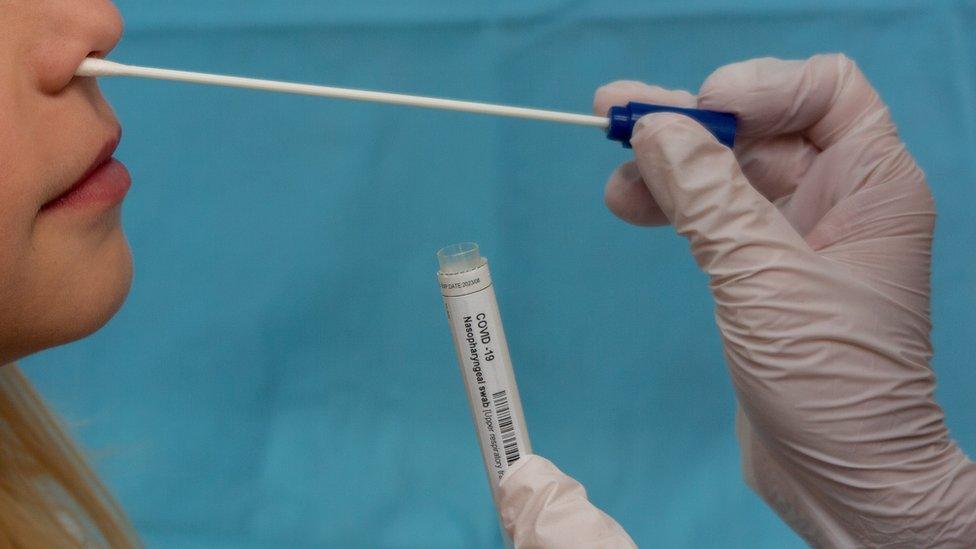
- Published1 February 2021
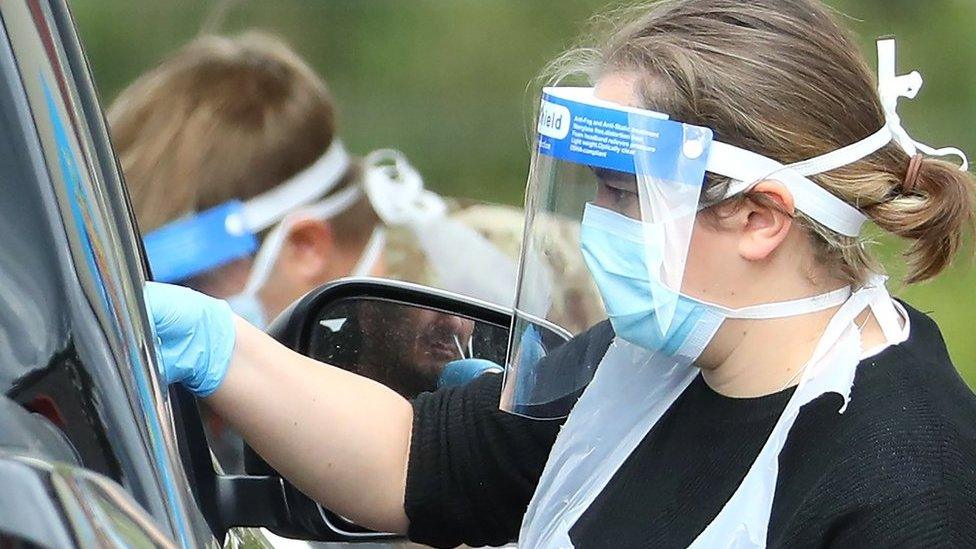
- Published29 July 2021
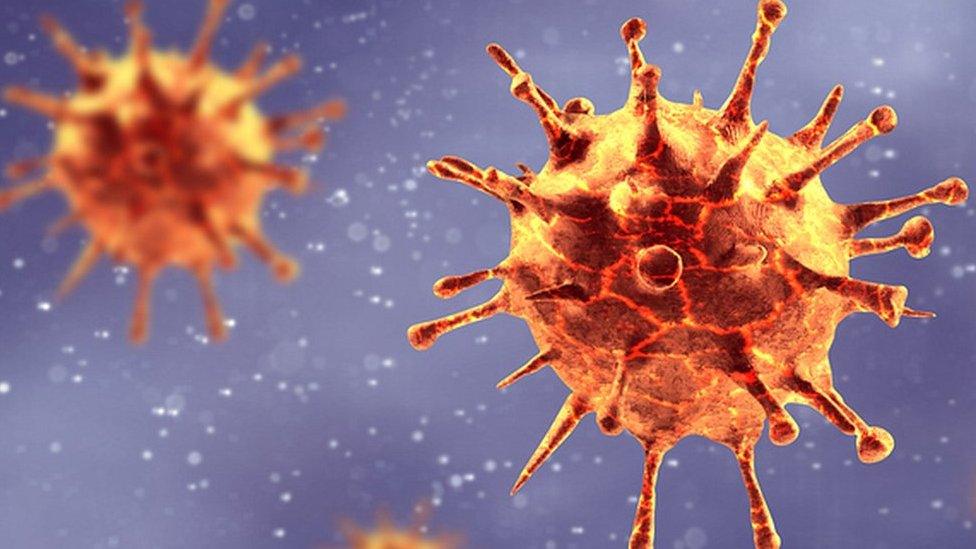
- Published15 December 2020
